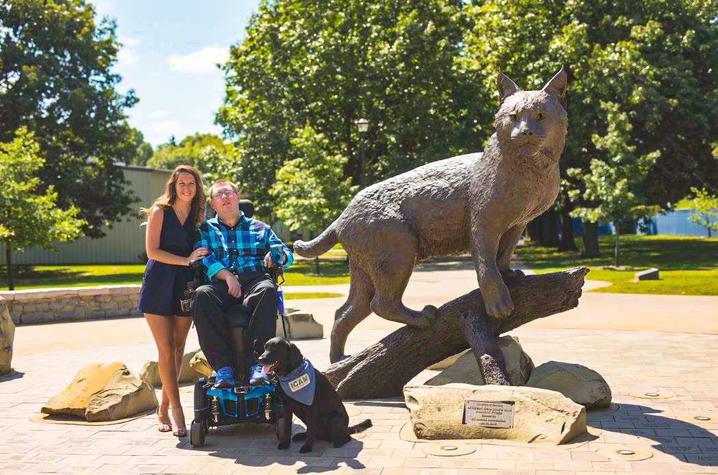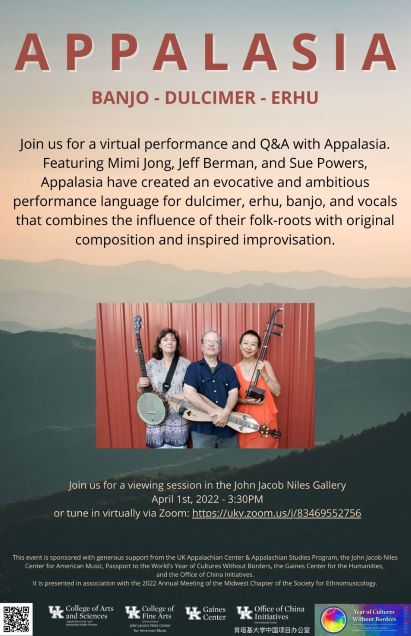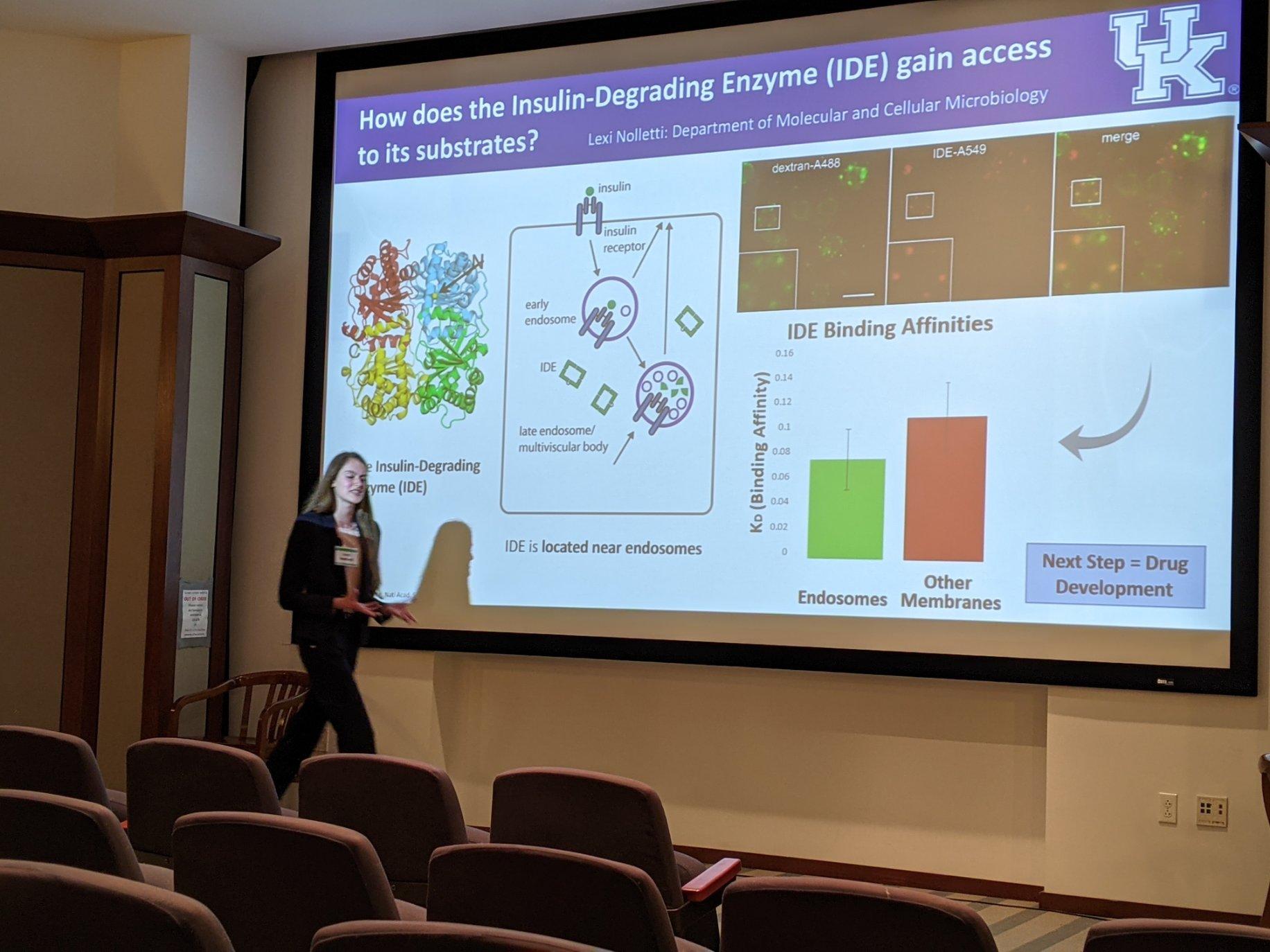Friday, April 8th
Dr. Greta LaFLeur, Associate Professor of American Studies, Yale University
11 am, Gaines Center for the Humanities, Bingham-Davis House
Work-in-Progress Discussion with Dr. LaFleur: “Trans Feminine Histories, Piece By Piece”
2pm, The Cornerstone - UKFCU Esports Theater
Keynote Address: "Sexual Violence and the State: A Racial History of Legal Castration"
CO-SPONSORS: English Department, Department of Gender and Women’s Studies, Early American Literature
Greta LaFleur is Associate Professor of American Studies at Yale University. Her research and teaching focus on early North American literary and cultural studies, the history of science, the history of race, the history and historiography of sexuality, and queer & trans studies. Her first book,
The Natural History of Sexuality in Early America (Johns Hopkins University Press, 2018), reveals how eighteenth-century race science contributed to emerging sciences of sex in the colonial Atlantic world. Other publications include
Trans Historical: Gender Plurality Before the Modern (Cornell UP, 2021) and an award-winning special issue of
American Quarterly, “Origins of Biopolitics in the Americas.” Dr. LaFleur is currently at work on a new project, tentatively titled
A Queer History of Sexual Violence (under contract with The University of Chicago Press)
, which examines the role of cultural and legal responses to sexual violence in the development of modern understandings of sexuality. Her works-in-progress discussion will be drawn from this project.

 LEXINGTON, Ky. (March 23, 2022) — Everything can change in a moment.
LEXINGTON, Ky. (March 23, 2022) — Everything can change in a moment.
 LEXINGTON, Ky. -- The University of Kentucky has a high-quality environmental geoscience program and has produced excellent geologists like Rachel Nally, who is using the skills she developed through the program in her work as the environmental and sustainability manager at Heaven Hill Distilleries.
LEXINGTON, Ky. -- The University of Kentucky has a high-quality environmental geoscience program and has produced excellent geologists like Rachel Nally, who is using the skills she developed through the program in her work as the environmental and sustainability manager at Heaven Hill Distilleries. LEXINGTON, Ky. – In October 2021, The University of Kentucky announced the top 10 finalists for the
LEXINGTON, Ky. – In October 2021, The University of Kentucky announced the top 10 finalists for the